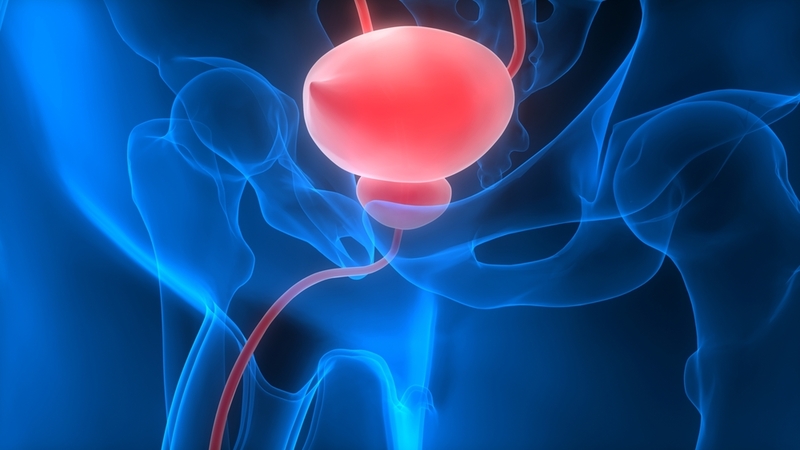Impact of performance status on treatment outcomes: A real-world study of advanced urothelial cancer treated with checkpoint inhibitors
Cancer Dec 18, 2019
Findings suggested that ICIs may not overcome the negative prognostic role of a poor PS despite comparable ORRs, especially in the first-line setting, and the initiation of ICIs in the last 30 DOL was related to hospital death location.

Khaki AR, Li A, Diamantopoulos LN, et al. - Since immune checkpoint inhibitors (ICIs) represent an appealing treatment for individuals with advanced urothelial cancer (aUC) and poor performance status (PS), however, the benefit of ICIs for patients with a poor PS remains unknown, researchers conducted this retrospective cohort study to test the assumption that a poor Eastern Cooperative Oncology Group (ECOG) PS (≥ 2 vs 0-1) would correlate with shorter overall survival (OS) in patients receiving ICIs. In addition, they explored the connection between a new ICI in the last 30 and 90 days of life (DOL) and death location. They collected clinicopathologic, treatment, and outcome data for patients with aUC who were treated with ICIs at 18 institutions (2013-2019). Of the 519 individuals treated with ICIs, 395 and 384 were involved in OS and ORR analyses, respectively, with 26% and 24% having a PS ≥ 2.
-
Exclusive Write-ups & Webinars by KOLs
-
Daily Quiz by specialty
-
Paid Market Research Surveys
-
Case discussions, News & Journals' summaries